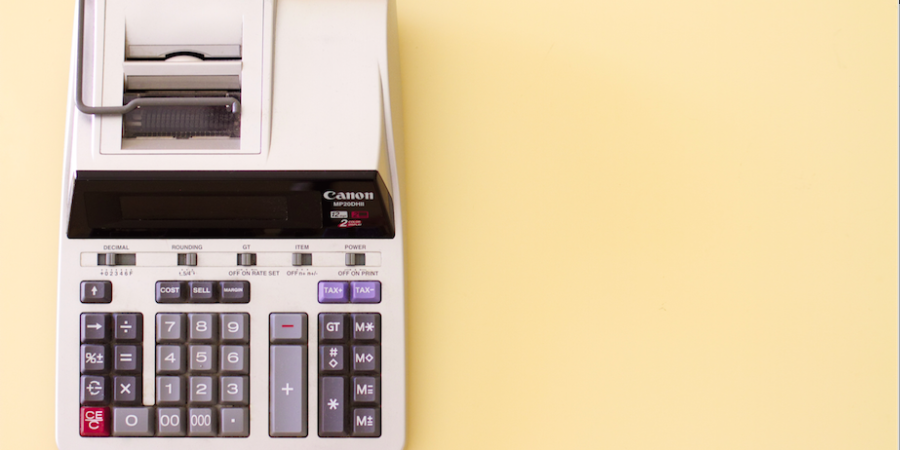FACTS:
On March 30, 2005, petitioner Nippon Express filed an application for tax credit of its excess/unused input taxes
attributable to zero-rated sales for the taxable year 2004 in the total amount of ₱27,828,748.95.
By reason of the inaction by the BIR, Nippon Express subsequently filed a Petition for Review before the CTA.
In its Answer, respondent CIR interposed the defense, among others, that Nippon Express’ excess input VAT paid for its domestic purchases of goods and services attributable to zero-rated sales for the four quarters of taxable year 2004 was not fully substantiated by proper documents.
CTA Division denied the petitioner’s claim for failure to submit the required VAT official receipts as proof of zero-rated sales.
In its appeal before the CTA En Banc, Nippon Express alleged that it had fully complied with the
invoicing requirements when it submitted sales invoices to support its claim of zero-rated sales.
Petitioner argued that there is nothing in the tax laws and regulations that requires the sale of goods or
properties to be supported only by sales invoices, or the sale of services by official receipts only.
CTA En Banc affirmed the decision of the CTA Division
Hence, the instant petition.
ISSUE:
Whether or not the sales invoices and documents other than official receipts are proper in substantiating
zero-rated sales of services in connection with a claim for refund under Section 112 of the NIRC.
RULING:
The legislature separately categorized VAT on sale of goods from VAT on sale of
services, not only by its treatment with regard to tax but also with respect to substantiation
requirements.
It was in Kepco Philippines Corporation v. Commissioner that the Court was directly confronted with the adequacy of a sales invoice as proof of the purchase of services and official receipt as evidence of the purchase of goods. The Court initially cited the distinction between an invoice and an official receipt as expressed in the Manila Mining case. We then declared for the first time that a VAT invoice is necessary for every sale, barter or exchange of goods or properties while a VAT official receipt properly pertains to every lease of goods or properties, and for every sale, barter or exchange of services.
Thus, we held that a VAT invoice and a VAT receipt should not be confused
as referring to one and the same thing; the law did not intend the two to be used alternatively.
We stated:
The VAT invoice is the seller’s best proof of the sale of the goods or services to the buyer while the VAT receipt is the buyer’s best evidence of the payment of goods or services received from the seller.
Even though VAT invoices and receipts are normally issued by the supplier/seller alone, the said invoices and receipts, taken collectively, are necessary to substantiate the actual amount or quantity of goods sold and their selling price (proof of transaction), and the best means to prove the input VAT payments (proof of payment). Hence, VAT invoice and VAT receipt should not be confused as referring to one and the same thing. Certainly, neither does the law intend the two to be used alternatively.
In Kepco, the taxpayer tried to substantiate its input VAT on purchases of goods with official receipts and on purchases of services with invoices. The claim was appropriately denied for not complying with the required standard of substantiation. The Court reasoned that the invoicing and substantiation requirements should be followed because it is the only way to determine the veracity of the taxpayer’s claims. Unmistakably, the indispensability of an official receipt to substantiate a sale of service had already been illustrated jurisprudentially as early as Kepco.
Then, in Takenaka Corporation-Philippine Branch v. Commissioner, the proofs for zero rated sales of services were sales invoices. The claim was likewise denied.
Most recently, in Team Energy Corporation v. Commissioner of Internal Revenue/Republic of the Philippines v. Team Energy Corporation, we sustained the CTA En Bane’s disallowance of the petitioner’s claim for input taxes after finding that the claimed input taxes on local purchase of goods were supported by documents other than VAT invoices; and, similarly, on local purchase of services, by documents other than VAT official receipts.
Irrefutably, when a VAT-taxpayer claims to have zero-rated sales of services, it must substantiate the same through valid VAT official receipts, not any other document, not even a sales invoice which properly pertains to a sale of goods or properties.
In this case, the documentary proofs presented by Nippon Express to substantiate its zero-rated sales of
services consisted of sales invoices and other secondary evidence like transfer slips, credit memos, cargo
manifests, and credit notes. It is very clear that these are inadequate to support the petitioner’s sales of
services.
